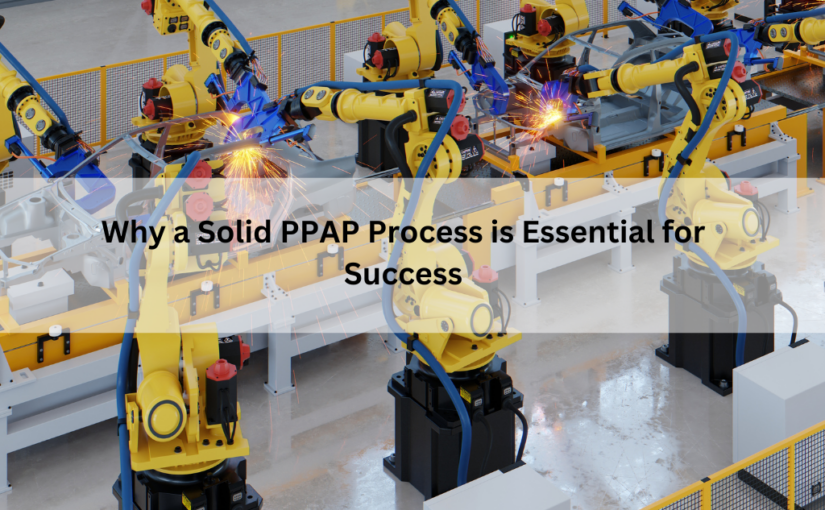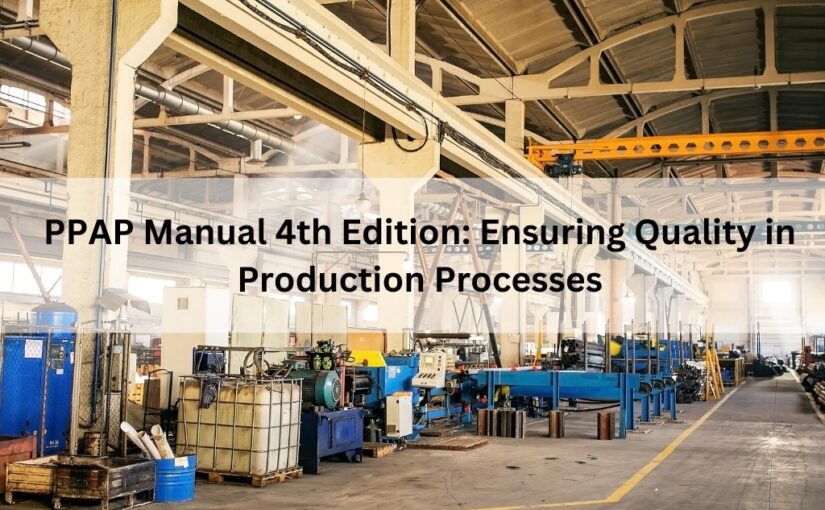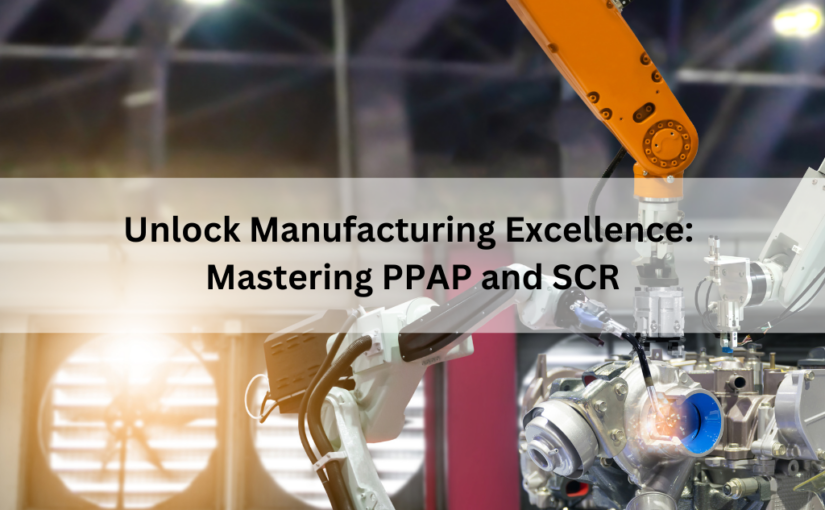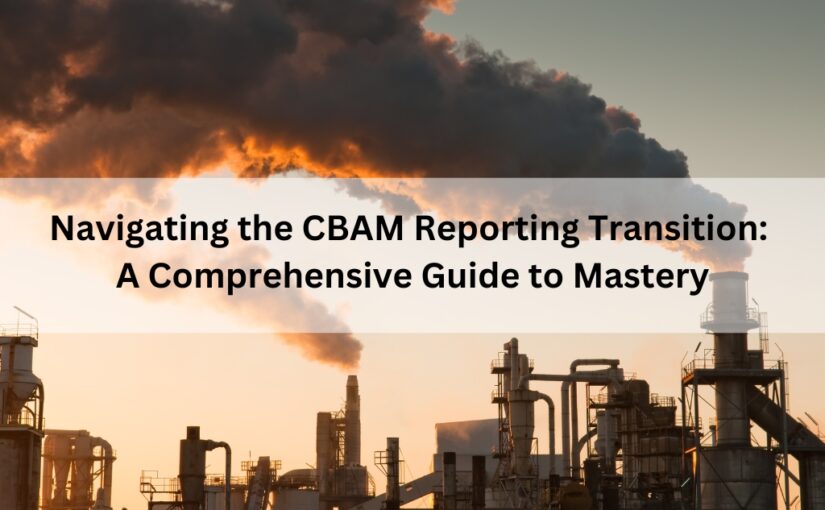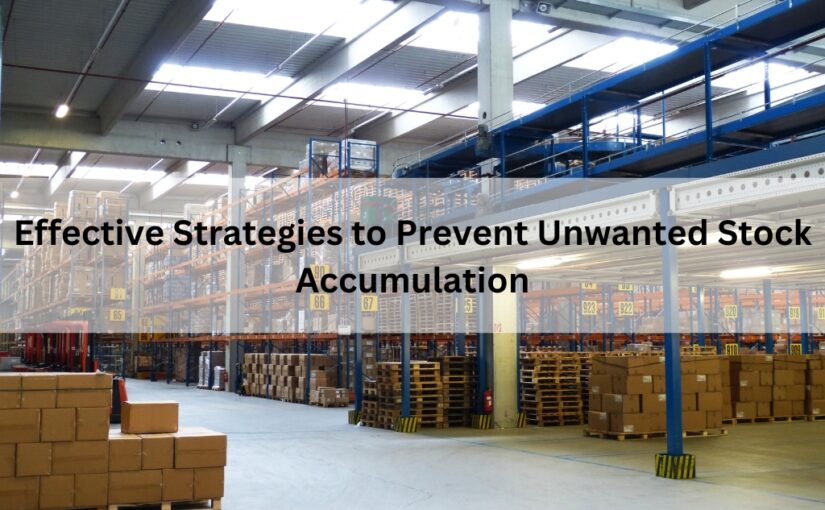Unlock Manufacturing Excellence: Mastering PPAP and SCR
The automotive manufacturing industry relies heavily on a standardized process called the Production Part Approval Process (PPAP) to ensure that parts meet the highest quality standards. PPAP fosters communication between suppliers and manufacturers, guaranteeing that everyone is on the same page regarding requirements and production capabilities.
PPAP incorporates a series of steps that involve documentation, testing, and validation. This meticulous process ensures that parts are produced according to exact specifications. By adhering to PPAP, manufacturers can proactively identify and address potential problems early in the production cycle, ultimately reducing costs and enhancing quality.
Following PPAP guidelines strengthens trust between automotive companies and their customers. It also bolsters a reputation for excellence and streamlines processes, leading to increased productivity and fewer defects. In essence, PPAP is an essential tool for maintaining exceptional quality standards and achieving peak productivity in automotive manufacturing.
Supplier Change Requests (SCRs) and Product Change Notifications (PCNs): Essential for Adapting and Improving
Supplier Change Requests (SCRs) and Product Change Notifications (PCNs) are two additional processes that are crucial for success in automotive manufacturing. They both contribute to maintaining quality and improving productivity.
An SCR is initiated when a supplier proposes changes to established processes, materials, or configurations. This structured approach allows for a thorough assessment of the proposed modifications to ensure they meet quality standards and don’t disrupt production efficiency.
On the other hand, a PCN informs relevant parties about upcoming modifications to a product’s design, materials, or manufacturing processes. Proactive communication of these changes empowers automotive companies to streamline production planning, mitigate potential risks, and uphold product quality throughout the supply chain.
Optimizing Efficiency and Quality Through SCRs, PCNs, and the 4M Approach
Both SCRs and PCNs are essential tools that empower automotive manufacturers to adapt to evolving requirements, elevate productivity, and guarantee overall quality assurance. By embracing these processes and fostering open communication among all stakeholders, companies can achieve operational excellence and cultivate a culture of continuous improvement within the ever-changing automotive manufacturing landscape.
SCR and PCN processes are instrumental in guaranteeing smooth operations within automotive manufacturing. An SCR deals with a supplier’s request for changes, such as modifications in materials, specifications, or processes. It’s vital to meticulously evaluate these changes to uphold quality standards and regulatory compliance while minimizing disruptions to production.
A PCN, conversely, is a notification from a manufacturer regarding impending changes in product design, materials, or manufacturing processes. This notification allows all involved parties to assess the impact of the modifications and make necessary adjustments to accommodate the changes effectively.
Implementing efficient SCR and PCN processes is key to unlocking productivity and maintaining high-quality standards in automotive manufacturing. By establishing clear communication channels, defining roles and responsibilities, and conducting thorough assessments of proposed changes, manufacturers can streamline operations and enhance collaboration between suppliers and internal teams.
Furthermore, leveraging the 4M approach – Man, Machine, Material, and Method – can help identify potential areas for improvement and optimize processes to drive productivity and quality within automotive manufacturing. By focusing on optimizing these key elements, manufacturers can enhance efficiency, reduce errors, and achieve consistent quality outputs.
At Enventure Engineering , we understand the critical role of PPAP, SCR, and PCN in optimizing automotive manufacturing. Our expertise in implementing these frameworks, along with the 4M approach, ensures superior quality and efficient production. We foster a collaborative environment for continuous improvement, enabling manufacturers to navigate change and achieve long-term success in this dynamic industry.

